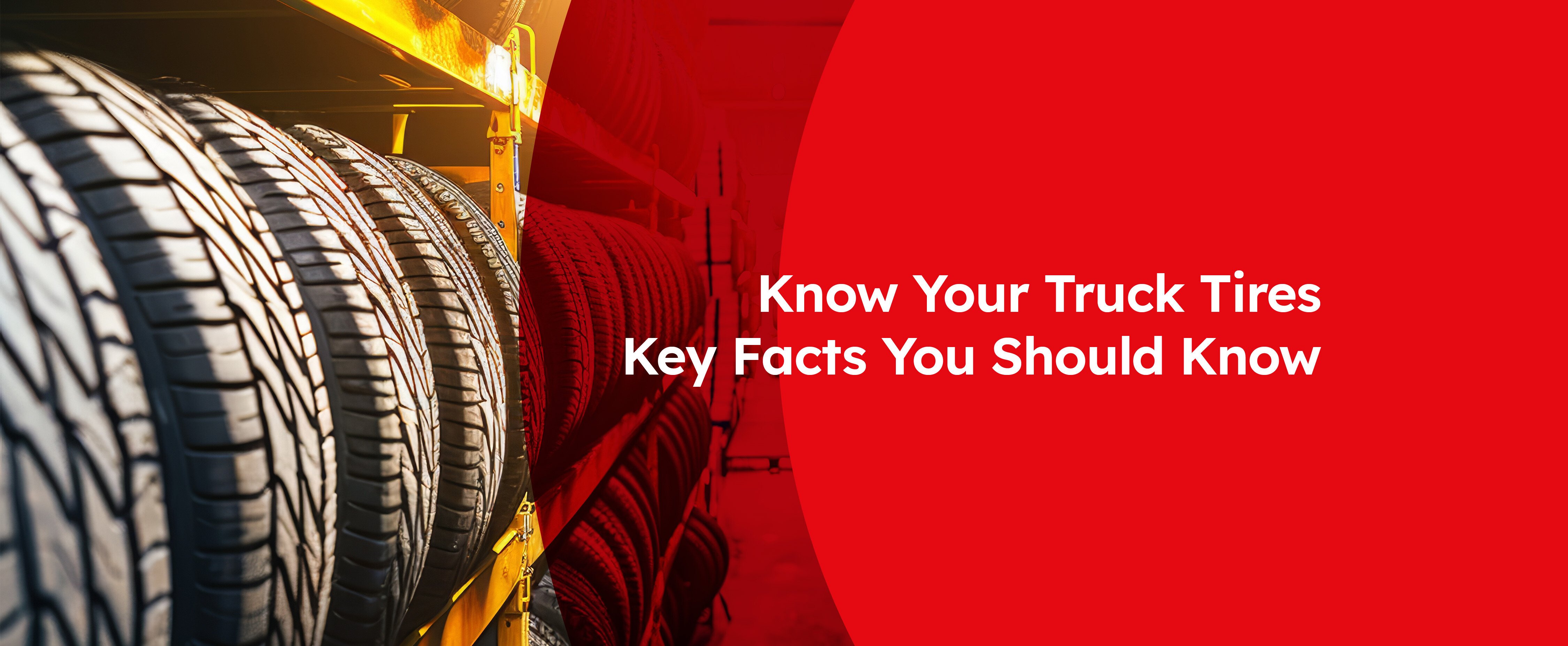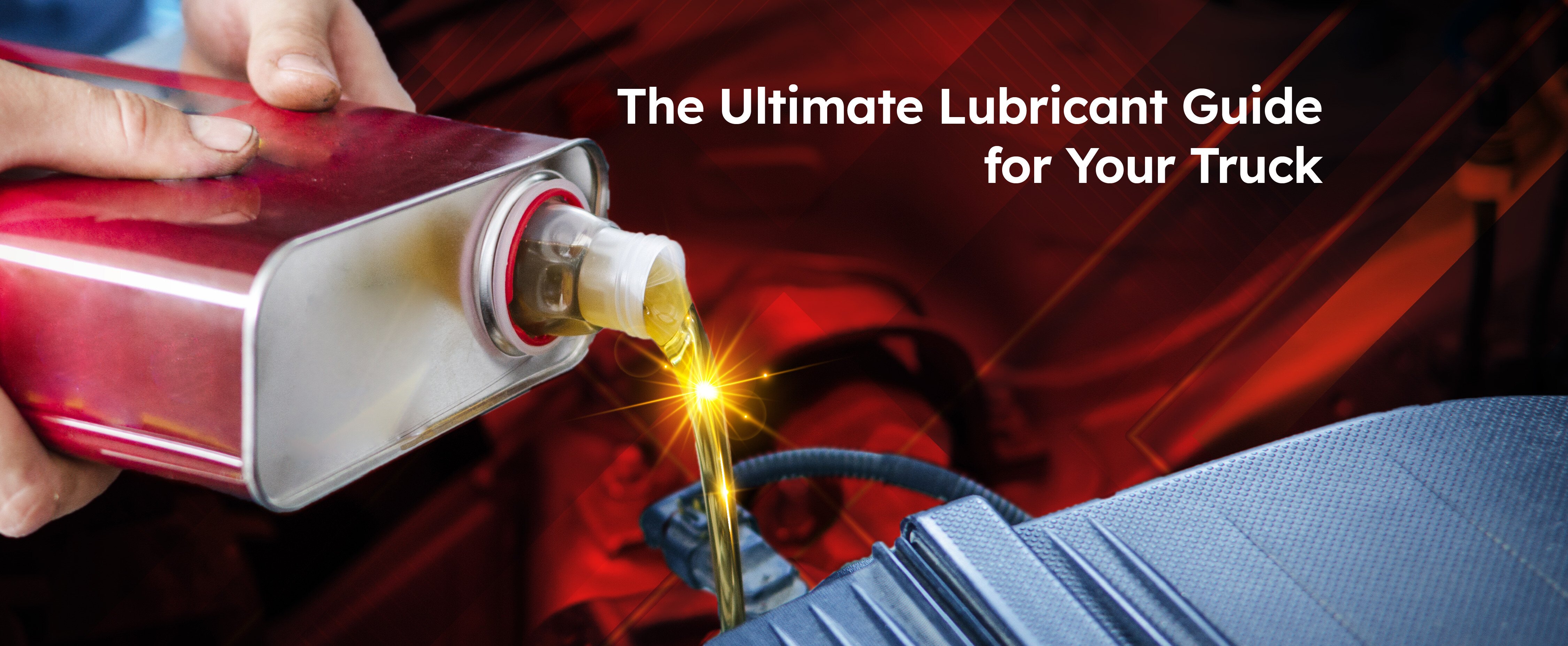
Know Your Truck Tires: Key Facts You Should Know
- On September 10, 2024
Choosing the right tire for your truck is crucial for ensuring safety, performance, and cost-effectiveness on the road. With various types of truck tires available, each designed to meet specific needs, understanding their unique features and benefits is essential. In this blog, we will explore the differences between radial, bias-ply, and specialized truck tires to help you choose the right ones for optimal efficiency and reliability.
Radial Tires: Due to their durability and fuel efficiency, radial tires are most commonly used. Radial tires are built with layers of fabric cords arranged at a 90-degree angle to the centerline of radial tires, with steel belts positioned beneath the tread. The tread remains stable, while the sidewalls provide flexibility in this design. For long-haul journeys, radial tires are your best bet, as they not only last longer but also help you save on fuel costs, making your trips more economical.
Bias Ply Tires: The construction of bias ply tires involves layers of rubber-coated fabric, usually nylon, placed at alternating angles to the centerline of the tire. These tires provide a comfortable journey on uneven surfaces and are generally more durable against damage. In comparison to radial tires, these tires have a shorter lifespan and lower fuel efficiency. They also generate more heat, which can reduce performance at higher speeds. If your route is rough or you are looking for a more budget-friendly option for shorter trips, bias-ply tires might be suitable for your needs.
Specialized Truck Tires: These are designed specifically for trailers, prioritizing the load capacity and durability over traction. Commonly used as a cost-effective option in commercial trucking, particularly for fleets. With a wider tread and shorter sidewall, there is improved stability and handling, particularly at higher speeds. Built specifically for the most demanding off-road conditions, with deep, aggressive tread patterns that provide maximum traction on mud and loose terrains. For those tackling the most challenging off-road environments, specialized tires come with deep, aggressive tread patterns that ensure maximum traction on mud, rocky paths, and whatever rough ground comes your way.
The Impact of Tire Choice on Trucking Operations
Selecting the right tire for your truck can significantly impact your operational efficiency. For instance:
- Fuel Efficiency: The type of tire can influence fuel consumption. Radial tires, with their lower rolling resistance, are typically more fuel-efficient than bias-ply tires.
- Load Capacity: Ensure that the tires you choose can handle the weight of the cargo you transport. Exceeding the tire's load rating can lead to tire failure and unsafe driving conditions.
- Cost Considerations: While specialized and high-performance tires may have a higher upfront cost, their benefits in terms of safety, durability, and fuel efficiency often outweigh the initial investment.
Understanding the strengths and weaknesses of different tire types is the key to selecting the perfect set for your truck. By selecting the right tires for your needs and following best practices for tire care, you can ensure your truck's safe performance.
Categories
Recent Posts
- ENJOY UP TO TK1,250 DISCOUNT (4%) BY USING PROMO CODE: CARRY25
- ENJOY UP TO TK 1,500 DISCOUNT (4%) BY USING PROMO CODE: BIGMOVE25
- How Mr. Afzal Unlocked Great Profit With Truck Lagbe’s 18 Feet Truck Feature!
- How to Book a Shifting Service Using the Truck Lagbe App
- ENJOY 5% DISCOUNT (UP TO ৳500) BY USING PROMO CODE: DARUN25
ENJOY DISCOUNTS OF 10% (UP TO TK.1000) BY USING PROMO CODE: FLEET24

The Ultimate Lubricant Guide for Your Truck


